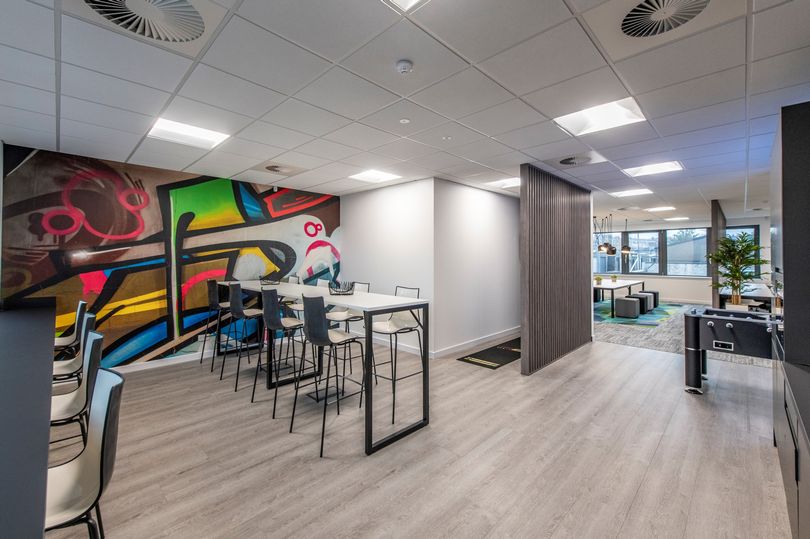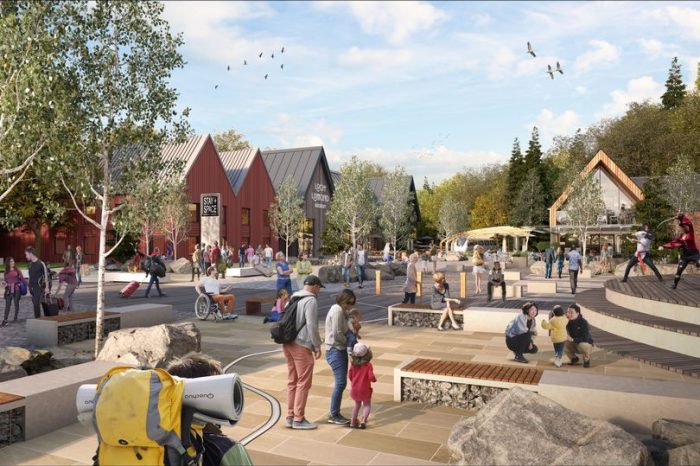MAJORITY OF BUSINESSES ARE EXPECTING A RETURN TO OFFICE WORK SOON

A significant majority of businesses (68%) expect to be promoting a more regular return to the office by the middle of this year, according to property advisor CBRE.
Of those surveyed 23% said the process is already underway, with 45% focusing on the remainder of the first half of the year as the return period.
There were some notable sector differences, with nearly 80% of financial companies aiming for a more regular return by mid-year, while more than a third of technology companies are allowing the process to take its own course without specifying a timeframe.
But while timelines are in place for returning, organisations are clearly favouring choice over mandate.
Only 6% of companies surveyed are requiring employees to return to the office on a full-time basis, with 70% permitting either a voluntary return to the office at the employees’ discretion, or requiring return on a part-time basis.
A clear majority (72%) of companies say that they are moving towards a hybrid workplace model, in which employees have a measure of choice within the framework of company guidance.
Not only is this appreciably higher than last year (55%), but most say that there is strong c-suite endorsement of this position and nearly two thirds (65%) reckon that sentiment has actually strengthened in this direction during the pandemic.
Angela Lowe, senior director based in CBRE’s Edinburgh office, commented: “Companies must now decide how much personal autonomy to allow as well as the balance between office and home.
Over half of companies aspire to an equal mix of office and remote-based work – up from 29% last year – while 38% think their workers will be at the office for three or more days per week. It is encouraging that we are already seeing car parks filling up and amenities being utilised in locations like Edinburgh Park as people return to the office.”
Regardless of location, a growing number of companies also expect their portfolios to expand. A year ago, a third of companies were expecting to expand physically over the next three years. This has now risen to more than 40% overall, with the figure rising to 60% in the technology sector.
Market changes have also led to increased popularity for the flexible office market. The proportion of companies for who flex space represents less than 10% of their portfolio has halved from 86% now to an expected 41% in two years’ time.
Alistair Urquhart, a director based in CBRE’s Glasgow office, said: “We are seeing occupiers using their lease events as an opportunity to review their portfolios.
Often the increase in flex has been driven by a means of entering new markets and occupiers using this model for smaller office locations or where flexibility is desired – there is strong demand for not just serviced offices but also second hand spaces with good quality fit outs.”
Nearly 90% of those questioned indicated that they would be making changes to their property strategy as a result of the pandemic. Linked to this, the survey also indicated the increasing importance of workplace strategy compared with the same period a year ago.
Companies are increasingly looking to increase collaborative areas – up from 36% to 63% and are revisiting design standards – up from 22% to 50%.
Enhancing or increasing workplace amenities (up from 9% to 36%) and altering layouts to provide more open space have also increased in popularity. The survey also indicated a heightened desire for an increased emphasis on health and wellness, with 41% of business citing this as being important.
Amy Tyler, an associate director in CBRE’s Aberdeen office, added: “The acceptance or endorsement of the reality of hybrid working patterns has gained traction, with employee time being divided more equally between home and office.
Sometimes though this does just amount to vague statements of intent and there is undoubtedly a clear need for strong senior-level messaging and change management to guide employees through this phase.”








